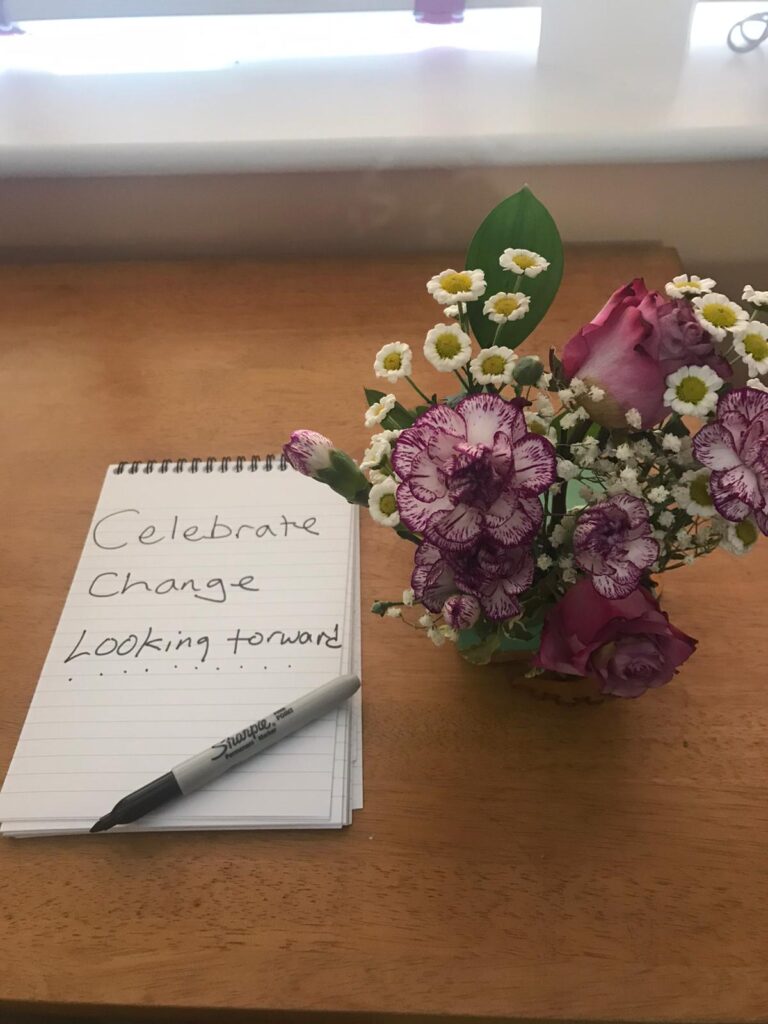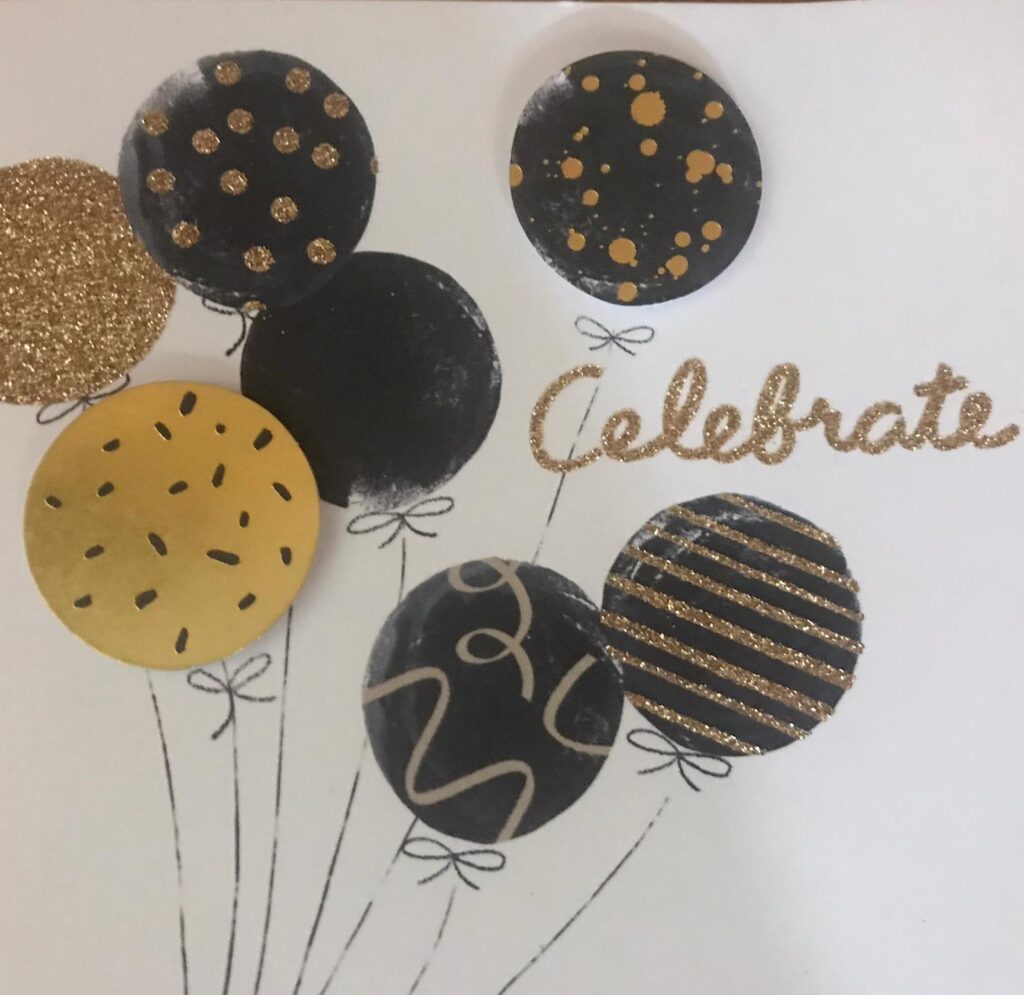So, I have just finished running two dates of my free webinar: Speak with ease secure in your own strong presence. I really enjoyed delivering them, and I have heard back from some of the participants about further work; so now…the audit!
When I first started giving presentations, er… decades ago, I didn’t always do an audit. I didn’t really want to open that box. I was super critical and inexperienced, and I felt deep pain when I thought that something hadn’t gone brilliantly. I also didn’t like to congratulate myself on what had gone well. It seemed to be like I was ‘blowing my own trumpet’. A terrible phrase left over from my childhood, when praising yourself was not encouraged – or else you might get big headed!
Helpful? No, I didn’t celebrate and I didn’t learn how to improve on the things that could do with improvement. I felt a bit out of control.
As I got more experienced, I realised that I needed to ‘open the box’, because I had to ensure that I got better. I would steel myself to do it and became a ruthless auditor and super critical. Some of the judgemental language I used on myself makes me wince when I think of it now. If I felt that something hadn’t been perfect or that I had made a mistake, the words I used were excoriating. It was a masochistic process.

Helpful? No, I didn’t celebrate and I beat myself up over the tiniest thing. I felt fearful of the next time.
Now what I do is basically this:
- I congratulate myself on a job done and open the “book of the event” and look at the contents.
- I switch off emotional attachment and judgemental modes and decide to look at how it went: content, delivery structure, and feeling, heart, and connection with the audience – but solely as information. No emotional or judgemental commentary. That way, I can critique it constructively without any other commentary.
I take note of what changes I need to make for next time and celebrate what did go well.

There are three areas I will assess to decide what I keep, discard, or change:
- What went well including how I felt, and any audience feedback I perceived or received
- What didn’t go so well in my eyes, how I felt, and audience feedback I perceived or received
- What, if anything, went wrong either due to circumstances beyond my control or misjudgement/mistakes on my part; how I felt, and any audience feedback perceived or received.
Helpful? Yes, I feel good about what went well and accept that everyone makes mistakes, and we learn so much more from them, than from when everything seems to go right. Some things that go wrong are not in your control, but how you react to them is, and next time I will be aware. I am looking forward to next time!

So, the constructive audit includes celebrating what was good, and there is ALWAYS something good.
Take note of certain pit falls, and change or delete what didn’t work so well once you have honestly assessed why.
Simples! And the way forward.
I am running a series of Masterclasses that help you to speak with ease, secure in your own strong presence, which you may be interested in, so if you would like to find out more, and know how I can help you to gain confidence (and actually enjoy) speaking, contact Fiona Whytehead at fiona@locuscoaching.com.


Leave a comment
Required fields are marked *. Your email address will not be published.